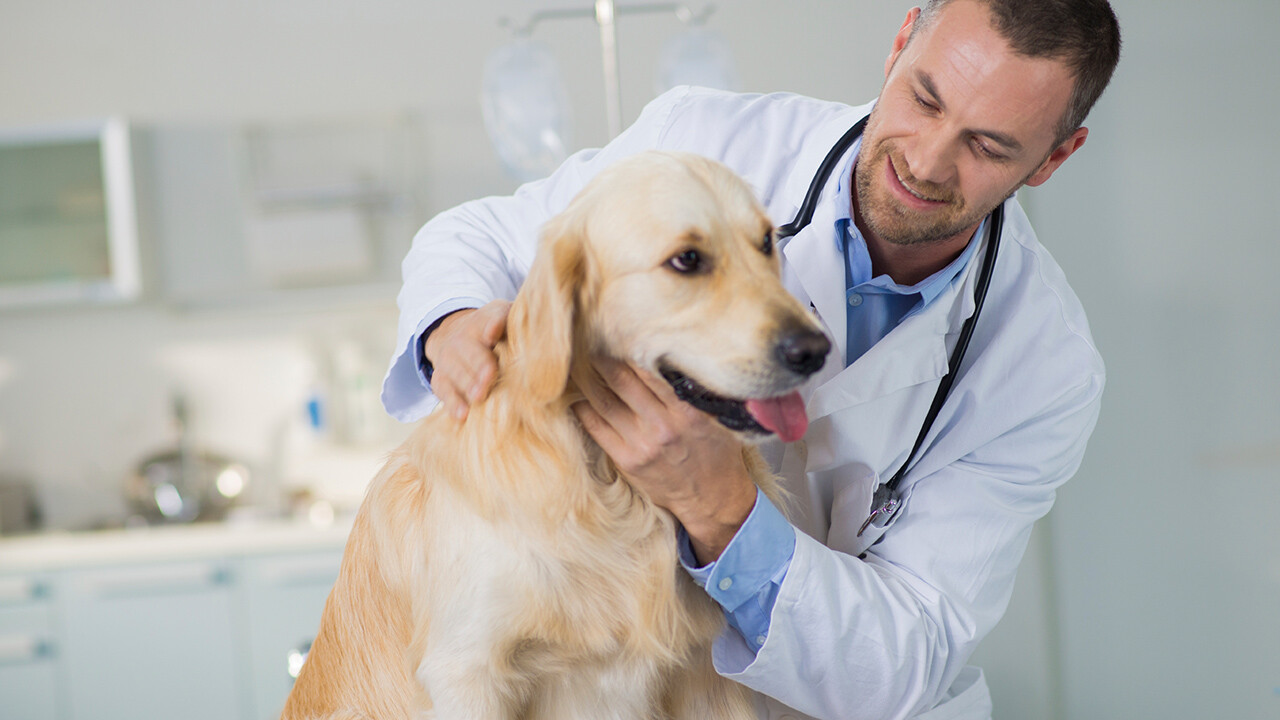BACHELOR OF SCIENCE IN BIOLOGY: PRE-VETERINARY SCIENCE CONCENTRATION
Total credit hours: 128
REQUIRED CURRICULUM
Please see required B.S. in Biology Plan of Study. Students are encouraged to select the Health Sciences concentration.
Health Sciences Concentration
This concentration is recommended for students pursuing graduate training in most health professions.
BIO 114 Medical Terminology
BIO 313 Nutrition Science
BIO 330 Anatomy & Physiology I
BIL 330 Anatomy & Physiology I Lab
BIO 331 Anatomy & Physiology II
BIL 331 Anatomy & Physiology II Lab
BIO 340 Pathophysiology
BIO 403 Immunology
(Approved Electives)
Note: Students interested in medicine, physician assistant, dentistry and pharmacy are also encouraged to complete a Chemistry Minor. This minor contributes to a student’s ability to succeed on the entrance exams for professional school and strengthens his/her transcript. The Chemistry Minor can be achieved by taking the following Chemistry courses:
CHM 305 Basic Biochemistry
CHL 305 Basic Biochemistry Lab








